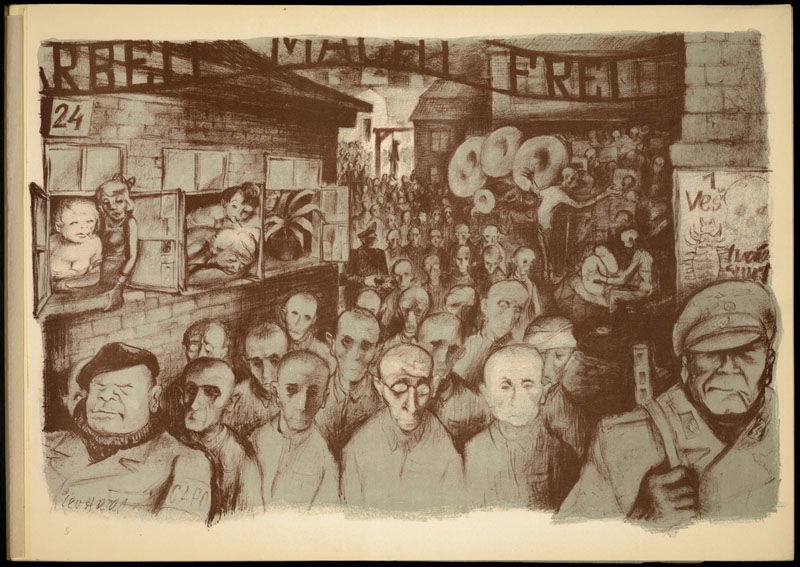Why Were the Jews Persecuted?

🌈 Abstract
The article explores the historical origins and reasons behind the persecution of the Jewish people throughout history, from biblical times to the 20th century.
🙋 Q&A
[01] Biblical Times
1. What was the key factor that led to the survival of the Jewish people even after being expelled from Judea by the Romans?
- The Jewish people's strong belief in their covenant with God and the need to obey His laws gave them a strong sense of faith and identity, which helped them stay united and survive even when dispersed throughout the Roman Empire and beyond.
2. How did the Jewish people's strict adherence to their religious laws and customs make them appear to other societies?
- The Jewish people's efforts to reduce contact with outside societies and keep their own laws made them appear as "visible outsiders" - seen as aloof, strange, exotic, and even evil by the local populations.
3. What advantages did the Jewish people's literacy and knowledge provide, and how did this contribute to their persecution?
- The Jewish people's high literacy rates and ability to read, debate, and acquire knowledge gave them power and influence as professionals (doctors, lawyers, advisers, bankers) in societies where these skills were rare. However, this power and influence also made them appear threatening to the local populations, leading to persecution.
[02] Persecution
1. What were the main reasons for the persecution of the Jewish people throughout history?
- The article outlines three main reasons for the persecution of the Jewish people:
- Religious persecution: They were seen as "killers of Christ" and "black magic worshippers" who did not follow or believe in Jesus.
- Racial persecution: They were viewed as "parasites" and outsiders who needed to be removed as a threat to society, driven by a mix of Social Darwinism and rising European nationalism.
- Association with Communism and Socialism: The Jewish connection to radical ideas like Zionism and Communism in the 20th century further fueled hatred and persecution, especially in Nazi Germany.
2. How did the Jewish people's power and influence in society contribute to their persecution?
- The Jewish people's power and influence, whether through their professional skills, wealth, or knowledge, often made them appear threatening to the local populations and the ruling classes, leading to jealousy and violence against them, especially in times of trouble.
3. What is the broader lesson that can be learned from the persecution of the Jewish people?
- The article suggests that the fate of the Jewish people is a reflection of the fate of all minorities in the world, who are accepted when they are not seen as a threat, but turned on whenever they appear threatening to the dominant society. The Holocaust serves as a "beacon of remembrance" of what can happen when a society turns on a group of its own citizens.